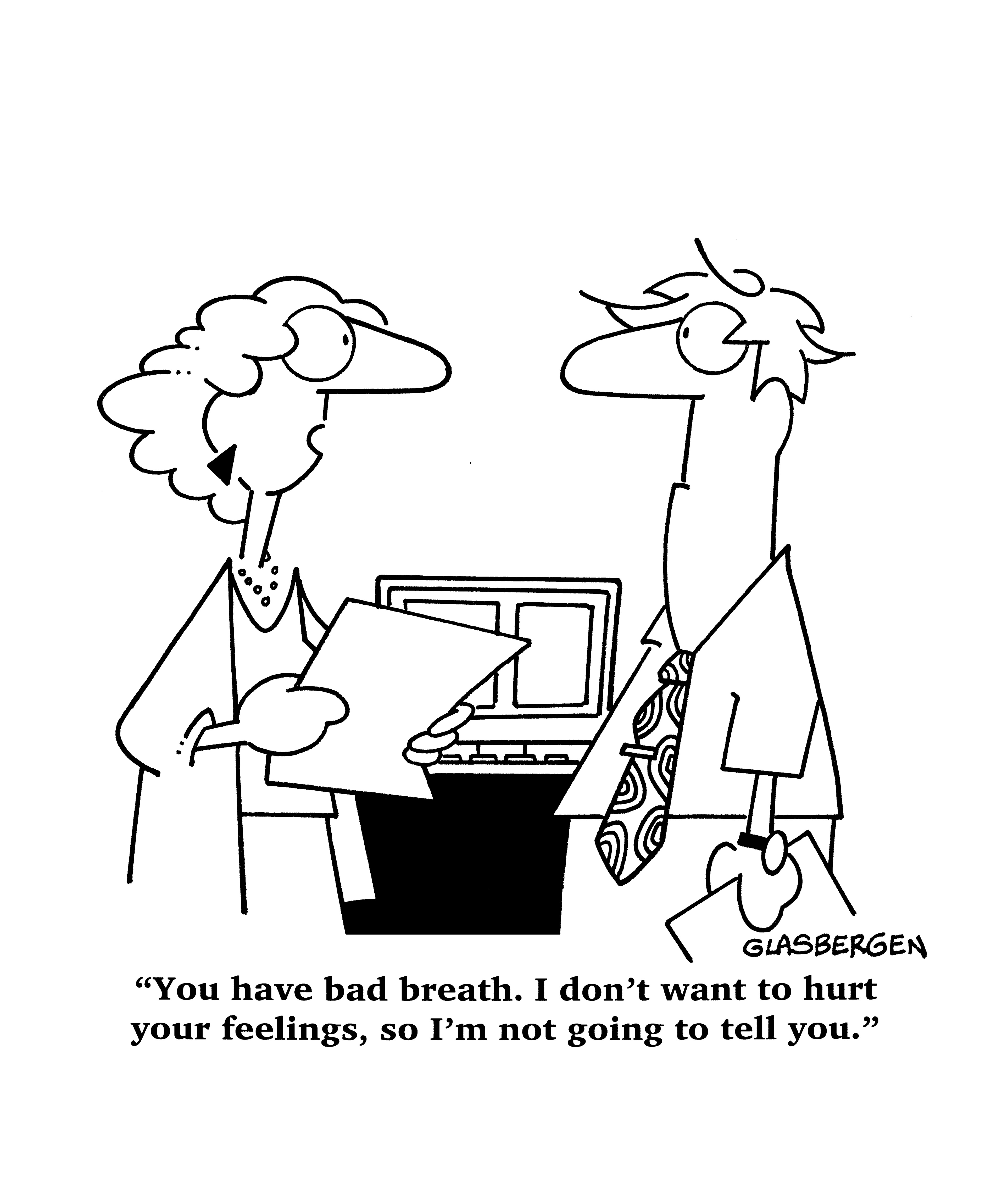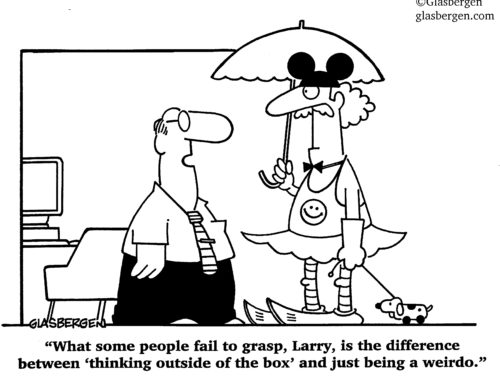Openness is the mantra of some very prestigious organisations – Facebook, for one – but what does it mean when it comes to relating to other people?
Should we be telling everyone our deepest, darkest secrets?
Should we speak our mind and say whatever we think all the time?
I don’t think that’s what it means at all, but it does mean that we shouldn’t be closed to other people by keeping information to ourselves or by putting on a front so that people can’t really get to know us.
Openness can be a matter of life or death in some workplaces. After a number of tragic plane accidents, the airline industry decided to change the prevailing culture where staff felt that they were unable to challenge the pilot’s decisions even if it meant the plane was about to crash. They collected recorded evidence of this occurring on more than one occasion. Now, cabin crew are trained to challenge the pilot’s decisions if they need to and pilots are trained to respond by checking. Pilots are also required to log every near miss and every time they even thought about doing something that might lead to an accident. The same is true for air traffic controllers.
The NHS has adopted similar good practice in operating theatres where historically there has been a culture hesitating to question the surgeon’s decisions.
We may not work in a life or death environment, but we will reap huge benefits from being open and honest about our mistakes and letting people see that we’re human – especially if we’re the manager. Allowing everyone to talk openly about their work and ask for help when they need it, leads to a high functioning team where everyone feels empowered to give and receive input about working practices.
Being open with praise, encouragement and support for others will not only make them feel better, but won’t do us any harm either.



